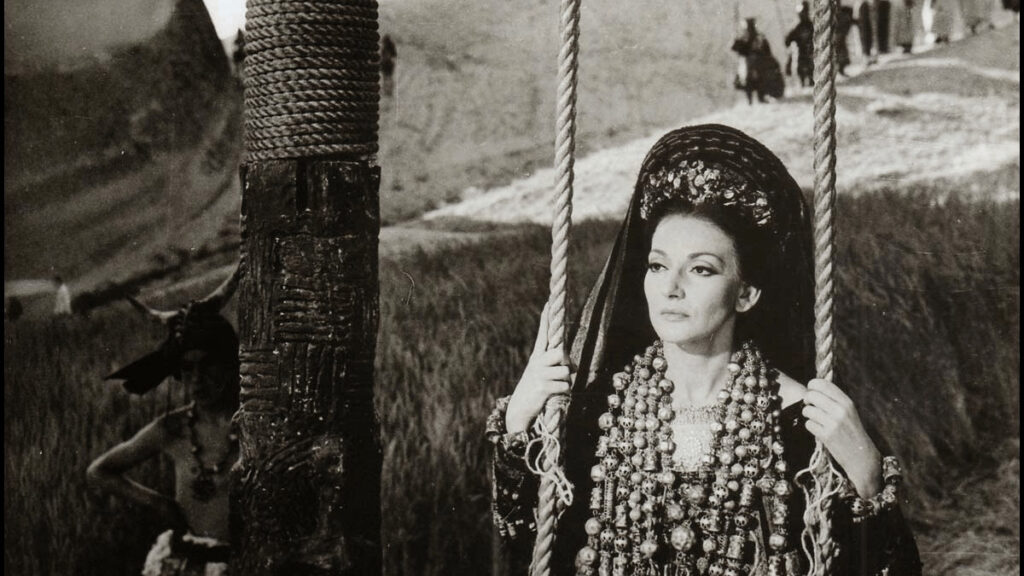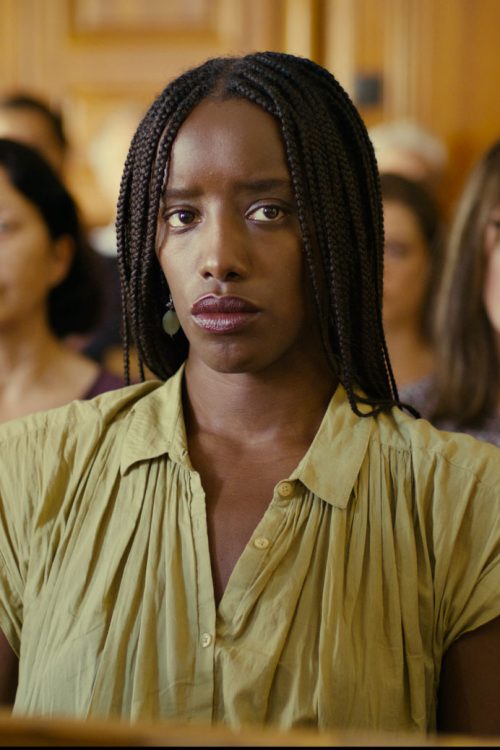
The Colchis, Medea’s home country, is a region in the Caucasus and the realm of Aeson, Jason’s father. For the Greeks, Thessaly is an uncivilized, lawless place, a land of dark magic, obscurity, and violence. Everybody knows about Euripides’ Medea, who first betrays her father and then kills her brother to legitimize her elopement, only to later find her revenge in Jason’s own betrayal and kill his children. The same appears in the few fragments we have left in the Medeas of Aeschylus, Sophocles, and Apollonius of Rhodes as well as in Seneca, who centred his work on the witchcraft accusation and calls Medea ‘infernal’. But this is not the whole story – in fact, the Greeks’ ‘racist’ bias shows. Medea is also the immigrant that nobody wants to recognize, a stranger marginalized and persecuted, a barbarian who didn’t speak the only language worth speaking.
In 1635, Pierre Corneille reprised the myth of Medea, enhanced her character with nuance, and recast her as scorned lover. Grillparzer’s drama of the early 1800s deletes the murder of her children. More recently, Claudio Magris commented: “a story of terrible hardship, or impossibility to communicate between different civilizations. A tragically relevant admonition on how hard it is for a foreigner to cease being a foreigner in other people’s eyes”. In her Medea of 1996, Christs Wolf recasts her as innocent and a victim of a sexist, patriarchal universe. La lunga notte di Medea (lit. ‘Medea’s Long Night’) by Corrado Alvaro introduces her as an icon of women who have been racially persecuted. Lastly, Pier Paolo Pasolini transposed her on film in 1969, and in this case, the key seems to me to be the clash of the Colchis’ rural civilization and the affirmation of a new, urban, industrial world, where there’s no more room for the sacred. A memorable Medea lives in Maria Callas’ interpretation, in her final cry after her children’s sacrifice: “Nothing is possible anymore”.

Inspired by real events that took place in France in 2013, the film follows Rama, a thirty-year-old author and soon-to-be mother who attends a trial at the court of law in Saint-Omer, France. The defendant is Laurence Coly: she has been accused of causing her fifteen-month-old...

Inspired by real events that took place in France in 2013, the film follows Rama, a thirty-year-old author and soon-to-be mother who attends a trial at the court of law in Saint-Omer, France. The defendant is Laurence Coly: she...
No results found.